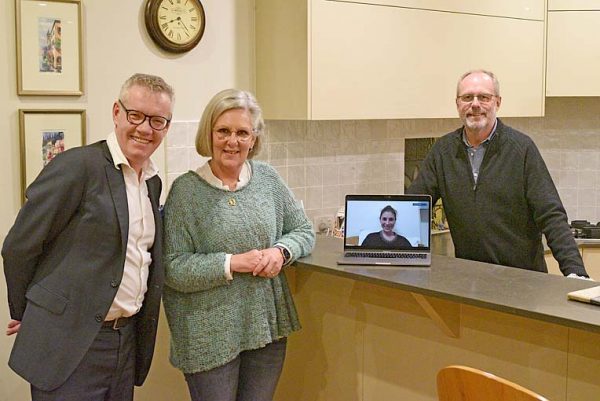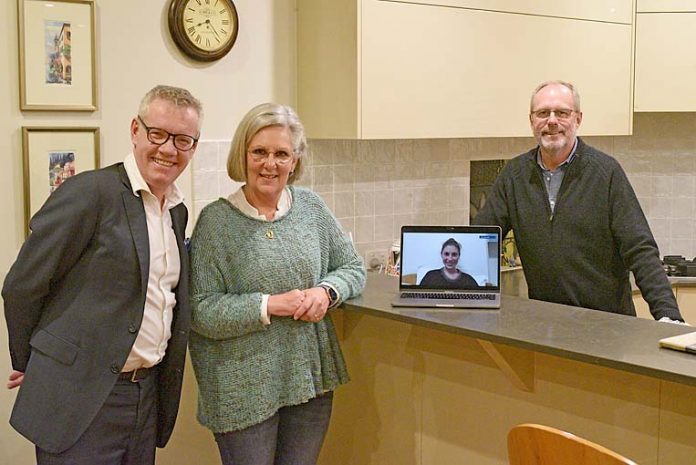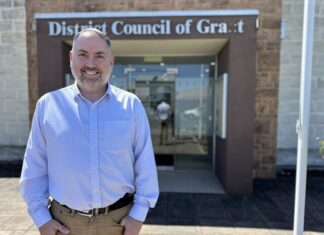
A YOUNG man’s legacy continues to make waves in ground-breaking kidney transplant research made possible by a fundraiser held in his honour.
Mount Gambier man Adam Dixon was just 18 when he was killed after the car he was a passenger in struck a tree on Kangaroo Island in January 2014.
As a result of the tragedy, Adam’s tissues and organs were donated, saving and significantly changing the lives of five lucky recipients.
Determined to honour Adam and raise awareness for organ donation, his family organised a Melbourne Cup Calcutta fundraiser in 2016, which raised more than $30,000 for kidney transplant research.
Four years later the research is still ongoing, but Dr Alice Krige believes she is on the right path to help improve the preservation of kidneys in South Australia.
“Originally we were planning on doing something called normothermic perfusion, which is basically keeping the kidney exactly as it would be inside the body while it is outside the body, but unfortunately we found it was a very technically challenging thing to do and also very expensive,” she said.
“So we explored other options and we are now going down the line of something called persufflation, which is gaseous perfusion – so instead of pumping fluid through the vessels of the kidney, we literally pump gas through the vessels, which would normally take blood.”
While pumping gas into organs is a unique concept, Dr Krige said the technique had been used in a variety of ways before.
She highlighted a recent visit to Tucson, Arizona where researchers have used persufflation on kidneys, by pumping gas through the artery and out of the vein.
“Their lab chose to pump the gas through the artery, which is the logical thing because blood goes in via the artery and out via the vein,” she said.
“But a lot of the reading I had done before I went to Tuscon suggested persufflation via the vein is better, but the truth is no one really knows the answer because no one has ever done a comparison.”
Therefore, Dr Krige is planning a world-first study to compare and assess the impact on the preservation of the kidney.
“We want to take two kidneys from a sheep and put both of them on a persufflation system – one via the artery and one via the vein – and do a variety tests to work out which one is better,” she said.
While Dr Krige said the research had to be put on hold due to the COVID-19 pandemic, she flagged the potential for a clinical trial early next year.
Provided with an update on the progress last week during a visit to Mount Gambier from Royal Adelaide Hospital kidney and pancreatic transplantation director Professor Toby Coates, Adam’s parents Matthew and Fiona Dixon said the direction of the research was encouraging.
“It was interesting to see that it has changed track and they are looking for a different way to achieve the same outcome, which often happens in science,” Mr Dixon said.
“This new venture is simpler and sounds promising.”
Reflecting on the great work being undertaken, Ms Dixon expressed a desire to continue to support the venture in the future.
“It’s nice to be kept in the loop and Toby remains pretty grateful for that initial funding injection and it’s great the Royal Adelaide Hospital Research Fund has continued to see this through,” Ms Dixon said.
“The research has still got a way to go and it may mean we continue to explore ways we can provide further support in the future in memory of Adam.”








